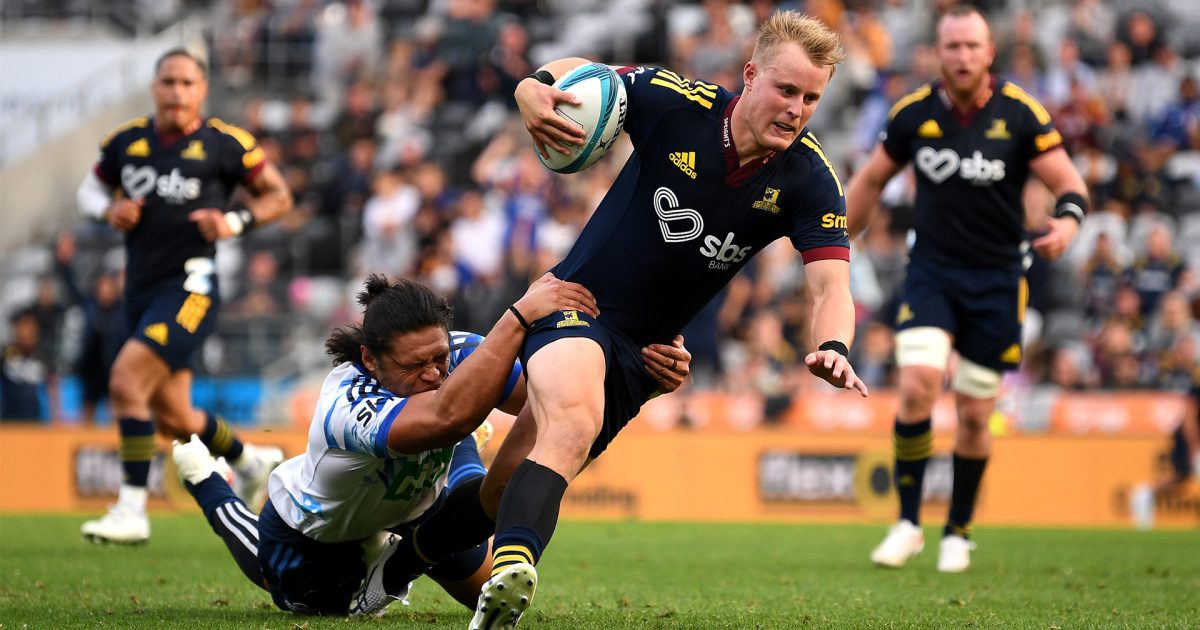What the Force are reading into the Highlander's No 10 change-up

Western Force coach Tim Sampson is confident his “rock-solid” 10-12 pairing will be able to cope with the Highlanders’ selection curve ball in Friday night’s crunch clash in Dunedin.
The Highlanders produced a surprise at the selection table by naming winger Sam Gilbert at flyhalf for the Super Rugby Pacific fixture.
Gilbert, who hasn’t played properly at five-eighth since his schoolboy days, was named in the No 10 jersey despite the availability of regular five-eighth Mitch Hunt plus Marty Banks and Vilimoni Koroi.
The 189cm, 98kg Gilbert will give the Highlanders extra muscle at playmaker, and he could potentially expose the Force if the visitors aren’t switched on defensively.
The Highlanders have also moved the powerful Thomas Umaga-Jensen from outside centre to inside centre, giving the Highlanders a 10-12 combo that packs a punch.
View this post on Instagram
The Force have again named 20-year-old rising star Reesjan Pasitoa at No.10 and 23-year-old Bayley Kuenzle at 12.
Sampson is confident they can handle the heat from the Highlanders.
“He (Gilbert) is a big body. They’ve also shifted their 13 into 12, who is also a big body,” Sampson said.
“What you can read into that is they might look to play nice and direct and take us through the middle of the field.
“But Pasitoa and Kuenzle are very strong defensively and they’ve proven that this year. They’re rock solid.
“They’re a good combination and they don’t mind the physical stuff themselves.”
Friday night’s match looms as somewhat of a must-win encounter for the 10th-placed Force as they attempt to snare a top-eight berth.
The Force are three points behind the eighth-placed Highlanders, meaning a loss on Friday night could leave them as much as eight points adrift of eighth spot with three games to go.
Sampson has recalled star winger Manasa Mataele, but scrumhalf Issak Fines-Leleiwasa has been left in Perth due to a foot injury.
The Highlanders enter the match full of confidence following their 27-19 win over the Queensland Reds last week.
– Justin Chadwick










































































What should they be reading? Disrespect big time.